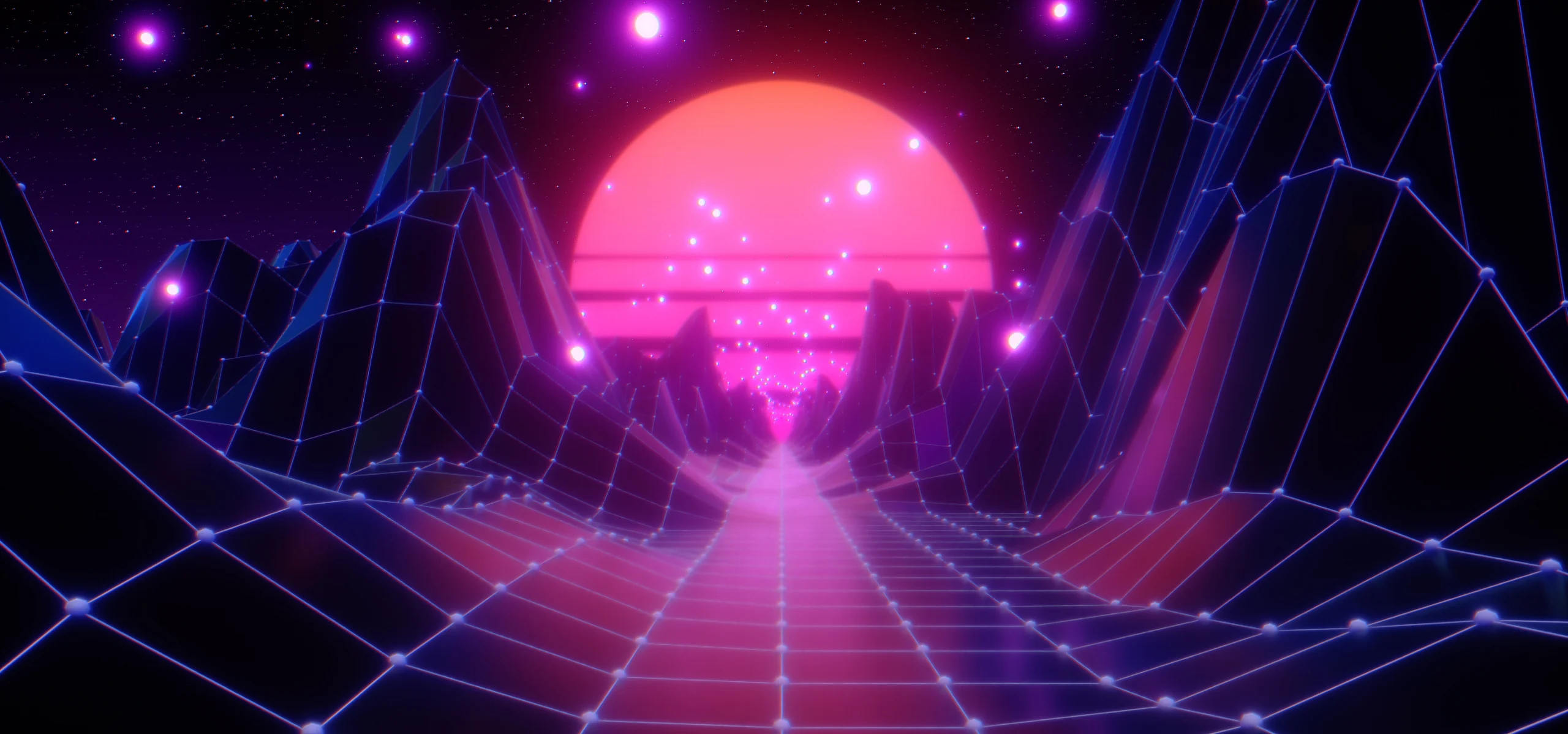The way technology is used in the gaming industry has undergone many changes. When you contrast games created at least ten years ago with those released today, you can see significant changes. The transition from 2D to 3D, the use of virtual and augmented reality, the use of metaphors as a platform for game development, the use of digital currency and NFT, web 3.0 gaming, and other technological advancements are some of the technical changes in the gaming industry.
Most businesses are attempting to capitalize on the new trend known as Web 3.0. Even though web 3.0 is the subject of many rumors, game designers have already begun developing new strategies for playing games that will function with this new version of the web. The most crucial concepts are the metaverse, virtual lands, digital tokens, augmented reality, virtual reality, and NFT development.
What Exactly Is Web3 Development?
The Internet you use is Web 2 or Web 2.0. It focuses on communication between users and datasets. The next iteration is Web 3.0. The idea of decentralization will take the place of centralization, meaning that Monopoly online is impossible.
For instance, web3 servers will be dispersed across the Internet and the entire world, as opposed to web2 servers, all in one location. Nothing will stand between the user and the Internet to facilitate communication.
One of the best ways to comprehend Web 3.0 is through financial transactions. When users try to purchase on a shopping website, they are directed to a third-party website that serves as the payment gateway and is managed by the bank. In this instance, the bank operates as a conduit between the user and the e-commerce company. Web 3.0, however, allows for direct payment to the business without using a banking payment page.
Web 3.0 and the gaming industry are related.
NFT, virtual and augmented reality, artificial intelligence, digital currency, and other key technologies have contributed to the gaming sector’s expansion. Web 3.0 has altered how people perceive games. It is now possible for developers to create brand-new, cutting-edge games using the web3 game development technologies mentioned above. Thanks to this new Internet version, the gaming industry can now use disruptive technologies without taking too many risks.
To determine how the gaming industry and Web 3.0 are related.
Ownership
NFTs, or non-fungible tokens, will make it simpler for developers to use ownership information in Web 3.0 applications. It implies that any purchases made by the user will be his alone and won’t be automatically lost if he quits the game or is forced to be sold. One of the best ways that Web 3.0 can give people a sense of ownership is through virtual lands. Since the metaverse will be a component of the Internet, players can use NFT to purchase lands or plots that can be used for mining, producing goods, or other game-related activities.
Virtual Personas
Another way a Web3 development company can transform the gaming sector is through virtual avatars. These 3D avatars will serve as the users’ representations in the metaverse’s virtual world and grant them complete control over everything. For instance, the player will attack or defend in the virtual world when the avatar engages in combat. Using their avatars, players can explore and discover numerous secrets or treasures that have been hidden at various game levels.
User-Centric
The gaming industry will be forced to put the user first, thanks to Web 3.0. The game’s addition of new features and components will depend on player demand. For instance, incorporating blockchain or smart contracts into a game will make it simpler for players to use web 3.0 to purchase enough items with digital currencies. This will facilitate player interaction and enhance the gaming experience.
Game Democracies
Decentralization, which means that no one person or organization has the most power or a monopoly in the market, is the foundation of web 3.0, as we’ve already discussed. Depending on how much they contribute to the market, different players in the gaming industry will be granted control. Developers can produce or develop gaming components democratically because they won’t need to adhere to the strict rules and regulations of the centralized market.
Inclusion and Diversity
Because they break the law, don’t belong there, or for other reasons, many games are outlawed in some nations. For instance, many US and Canadian states forbid playing any game that involves gambling. This is so because of Web 2.0, where centralization plays the monopoly role. It is the platform for which the games were designed. Therefore, people cannot access these games at any rate.
However, if we consider version 3.0 for gaming, players can access the game without concern for legal issues anywhere in the world. Due to the platform’s decentralized nature, no governmental entity has the authority to impose rules and regulations or forbid players from using it.
What technological advancements will help transform the gaming sector for web3?
Before companies utilize a specific set of technologies, Web 3.0 cannot be used in the gaming industry. These disruptive technologies include artificial intelligence, robotics, automation, metaverse, digital currencies, etc. The most crucial elements that a game must possess are covered in the following section.
NFTs, also known as non-fungible tokens, will be one of the most crucial components of Web 3.0 games. Gamers will only have online proof of ownership with these tokens. It can be, among other things, a physical asset or a virtual land in the virtual reality world.
Blockchain
Blockchain technology enables game developers to create more transparent and reliable games for players and businesses. Decentralization, another principle underlying blockchain, will further connect users worldwide. The absence of restrictions or rules will elevate gaming to a new level and enable anyone to participate without risking legal repercussions.
Tokens
When web 3.0 protocols are implemented, digital tokens or cryptocurrencies will also play a significant role in changing the gaming industry. Gamers can now transact independently of a governing body rather than using centralized currencies where the bank acts as the middleman. It implies that when players accumulate enough purchases. They can pay for them directly with any cryptocurrency from their digital wallet without a third party getting in the way.
The Online World
Virtual reality is a further development that can impact the gaming industry’s future and assist web 3.0 developers in creating new game-playing experiences. In this scenario, users can use their 3D avatars to explore more of the game’s world, shop for various items, engage in farming and other agricultural activities, and so on.
Conclusion
It’s clear how web 3.0 will impact and change the future of a metaverse development company. Now that we understand how it will impact the gaming industry. Gamers will be able to communicate with one another in the virtual world. In addition to having unlimited access to digital tokens, 3D avatars, and other parts.



